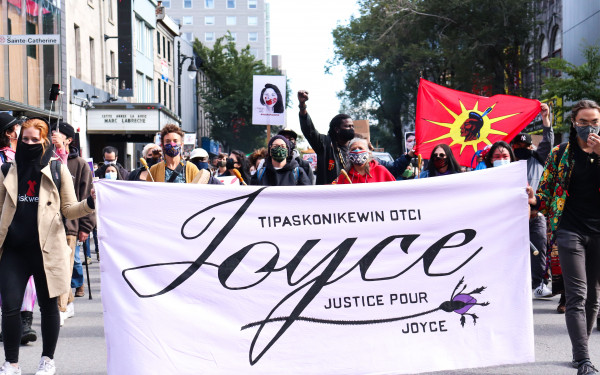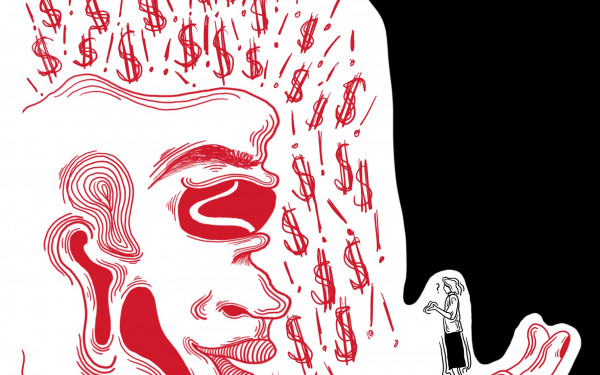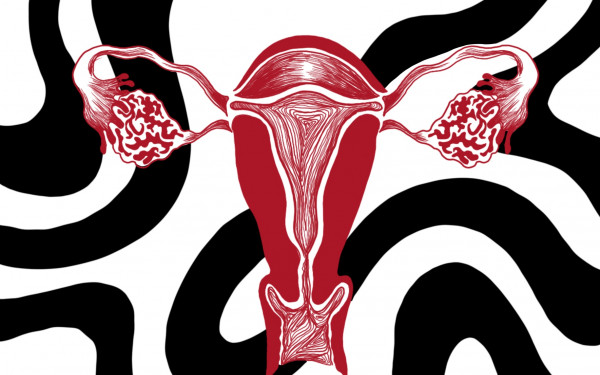Healthcare Struggles
Reaching My Neurosurgeon Is Impossible
I was born in Quebec and have been living in the province since 2009, but I’ve been on the waiting list for a family doctor since 2018.
If it’s this hard for Quebec citizens to navigate our healthcare system, I can’t imagine how difficult it must be for immigrants and permanent residents.
If I had a family doctor, I would ask them what I can do to get rid of my daily crippling headaches. I have a neurosurgeon at the Montreal Neurological Institute, colloquially known as The Neuro, who has been following me ever since I was transferred from the Montreal Children’s Hospital in 2018, but he is extremely inaccessible.
In June, I emailed his office saying I urgently needed to speak to my neurosurgeon and they responded saying I should go to the nearest emergency room if my condition was deteriorating because reaching him would be difficult. It's now almost November and I have still not been able to contact my doctor despite following up several times. In one of my emails to The Neuro, I even requested to be referred to a neurologist since my questions might be better answered by someone whose job is to deal with non-surgical neurological problems. My request was completely ignored.
I only see my neurosurgeon once every few years following a magnetic resonance imaging scan to ensure my neurological condition isn’t getting worse. I quickly learned that his job is only to ensure my MRI scans don’t get worse, not to evaluate my symptoms, which can’t be measured objectively.
When I last saw him in May, I tried telling him that my headaches were worsening, but he just pointed to my most recent MRI scan and said, “this looks the same as your 2018 scan, so you’re fine.” He then proceeded to tell me that if I ever get “a really bad headache,” I should go to the nearest hospital because it could be a sign that my condition is becoming critical. This answer would be echoed by his entire office every time I would ask them to relay a message to him.
I told the neurosurgeon that I get headaches every day and he proceeded to change the subject to ask me what I was studying in university. I couldn’t believe I had wasted an hour of my time in the waiting room just to have a ten-minute appointment consisting of my doctor gaslighting me and refusing to address any of my concerns.
Although my doctor’s behaviour is wrong, I know he isn’t entirely to blame for not having the time to give proper follow-up care to his patients. Quebec’s medical system overworks doctors of every specialty, giving them way too many patients to keep track of. They inevitably end up prioritizing people with serious, urgent needs over those with seemingly stable conditions. My neurosurgeon must believe headaches can be treated by any doctor or even pharmacist, but Concordia Health Services has turned me away on one occasion under the pretense that I should speak to him.
In August, I went back to Concordia Health Services for an unrelated reason, but when I hesitantly mentioned my headaches, hoping I wouldn’t be sent to The Neuro again, the general practitioner told me about a rehabilitation centre that specializes in chronic headaches. Located on de Maisonneuve Blvd W, it is a mere 700 metres away from Loyola campus. He was surprised that my doctor hadn’t told me about it, and I joked about neurosurgeons not caring about patients with inoperable conditions.
Jokes aside, I consider myself very privileged for never having needed surgery. That said, I don’t understand why I don’t have access to a neurologist if neurosurgeons will take years to see patients who don’t need surgery.
Of course, even though Concordia’s doctor gave me a referral, I still haven’t heard back from the rehabilitation centre concerning the application I filed the day I saw him. It’s barely been three months, after all. I’ll be lucky if I hear back before 2024.
When I think about the hoops I have to jump through every time I need to speak to a doctor, I can’t help but wonder how people with worse conditions than me get the help they need. If the health system works at a snail’s pace for everyone, people who urgently need medical attention might not get it in time, and that’s a terrifying thought.
This article originally appeared in Volume 43, Issue 5, published October 25, 2022.







